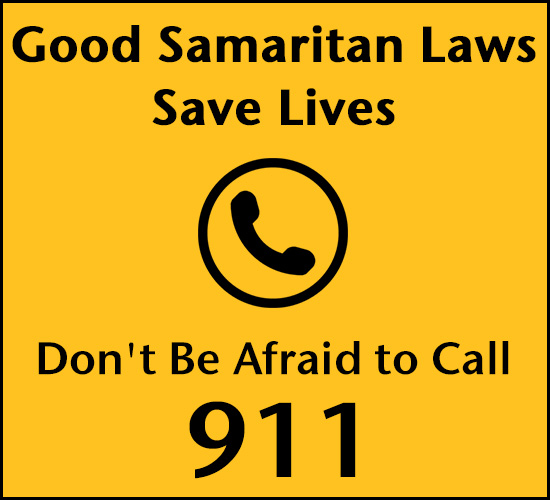Navigating the Night: Rushing, Underage Drinking, and the Good Samaritan Law

The transition to adulthood often comes with a rush of newfound freedoms and opportunities. For many young individuals, this includes the allure of parties, social gatherings, and yes, sometimes even underage drinking. As young adults venture into these uncharted waters, it’s important to be aware of the potential risks and legal implications that may arise. One such safeguard is the Good Samaritan Law, a legal principle that seeks to strike a balance between ensuring safety and encouraging responsible behavior.
The allure of the college experience often involves joining fraternities, sororities, or other social clubs, an exciting process known as “rushing.” It’s a time of bonding, forming friendships, and creating lasting memories. However, the rush to fit in and establish connections can sometimes lead to questionable decisions, including engaging in underage drinking. The pressure to conform and be part of the group can overshadow the potential consequences of such actions.
Underage drinking is a prevalent issue, one that arises from a mix of curiosity, peer pressure, and a desire to rebel. Young adults may feel invincible, believing that nothing bad will happen to them. However, the truth is that underage drinking can have serious health, legal, and social consequences. From alcohol poisoning and accidents to academic and legal repercussions, the risks are very real.
In the midst of these youthful escapades, the Good Samaritan Law stands as a beacon of protection. This legal principle varies by jurisdiction, but its essence remains consistent: It encourages individuals to seek help for those in need without fear of legal repercussions. This is particularly relevant in situations where underage drinking is involved, and medical attention becomes necessary.
The Good Samaritan Law acknowledges that the priority should be saving lives rather than punishing individuals for being in difficult situations. If someone calls for medical assistance due to alcohol-related issues, both the person seeking help and the person in distress are often granted immunity from certain legal consequences. This encourages responsible decision-making and can ultimately save lives.
While the Good Samaritan Law provides a safety net, it’s vital to remember that prevention is the best approach. Education and open conversations about the dangers of underage drinking can empower young adults to make responsible choices. Building a support network that prioritizes well-being over peer pressure can go a long way in curbing risky behaviors. The Good Samaritan Law serves as a reminder that looking out for one another’s safety should always be a priority, even in the midst of youthful exuberance. By fostering a culture of responsibility, understanding, and compassion, we can ensure that the rush of these experiences doesn’t overshadow the importance of safeguarding our well-being and that of those around us.
By Jana H. Collins
